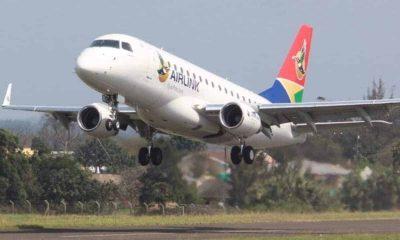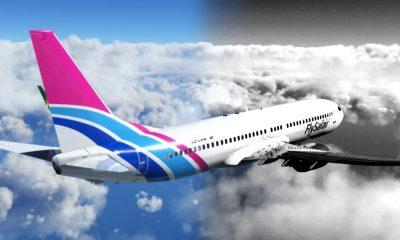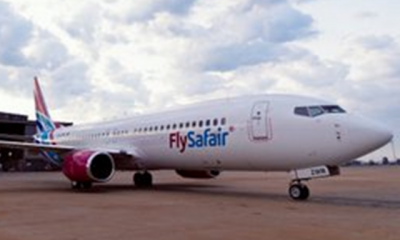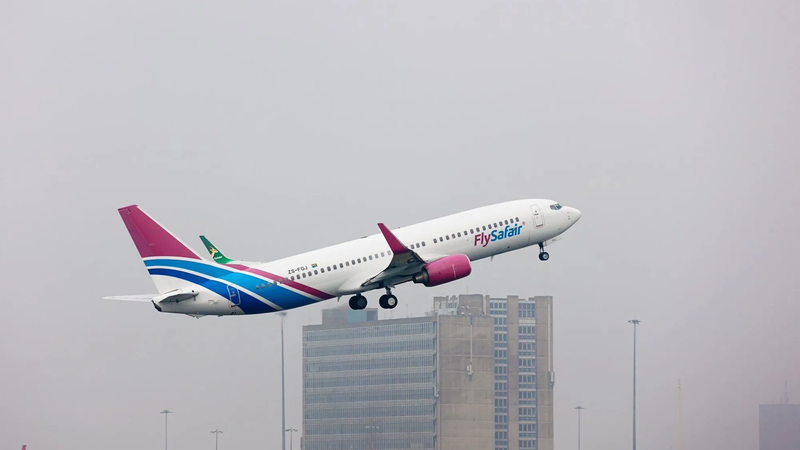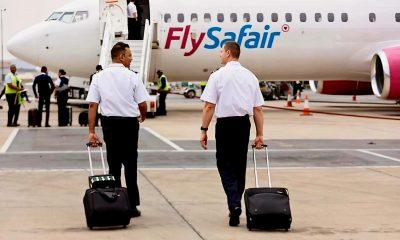Business
FlySafair Ownership Controversy Could Ground Airline, Spike Flight Prices in South Africa
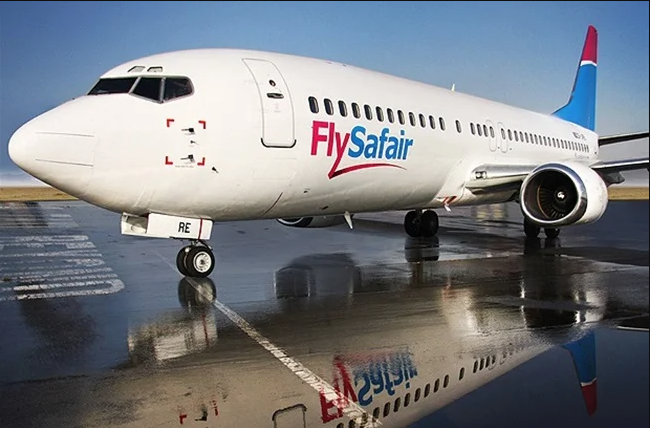
South Africa’s leading low-cost airline, FlySafair, is on the brink of a potential suspension after the Air Services Licensing Council (ASLC) ruled that its ownership structure violates local laws. This development could send shockwaves through the aviation and tourism sectors, significantly impacting flight availability and prices.
The Ownership Dispute
Under South Africa’s Air Services Licensing Act, domestic airlines must ensure at least 75% of their voting rights are owned by South African residents. FlySafair, however, falls slightly short of this threshold, with 74.86% of its shares owned by the ASL Aviation Group, an Irish company.
Complaints lodged by rival airlines Airlink and Global Aviation Operations (Lift) initiated the inquiry, resulting in the ASLC’s confirmation of FlySafair’s non-compliance. The council’s strict interpretation requires natural persons, rather than corporate entities or trusts, to fulfill the ownership requirement.
Ripple Effects on the Industry
FlySafair, which commands approximately 60% of South Africa’s domestic market and operates up to 160 flights daily, warns that its suspension could cause widespread disruptions:
- Passenger Impact: About 30,000 daily travelers could face cancellations and limited alternatives.
- Rising Prices: A reduction in flight capacity would likely lead to ticket price surges.
- Tourism Decline: Expensive air travel could deter both domestic and international tourism, hindering an already recovering sector.
FlySafair’s potential grounding raises broader economic concerns, including job losses and a decline in South Africa’s aviation competitiveness.
Legal Action and Appeal for Intervention
FlySafair has initiated legal proceedings, seeking a declaratory order to clarify the ownership laws. Additionally, the airline has appealed to Transport Minister Barbara Creecy for an exemption while the courts review its case.
The minister’s office has acknowledged the request and is consulting with legal advisors. FlySafair remains optimistic that government intervention could help resolve the issue and preserve the aviation sector’s stability.
Broader Implications for Airlines
FlySafair’s case has exposed vulnerabilities in South Africa’s aviation regulations, with the ASLC’s ruling potentially affecting other carriers like Airlink and South African Airways (SAA). Compliance with the stringent ownership laws could require costly restructuring, further straining the industry.
FlySafair’s ownership controversy underscores the need for regulatory clarity in South Africa’s aviation sector. The potential grounding of such a pivotal airline could have far-reaching consequences, from soaring flight prices to economic disruptions in tourism and air travel.
With legal proceedings underway and appeals for ministerial intervention, the outcome of this case will set a critical precedent for the industry’s future.
Follow Joburg ETC on Facebook, Twitter , TikTok and Instagram
For more News in Johannesburg, visit joburgetc.com

